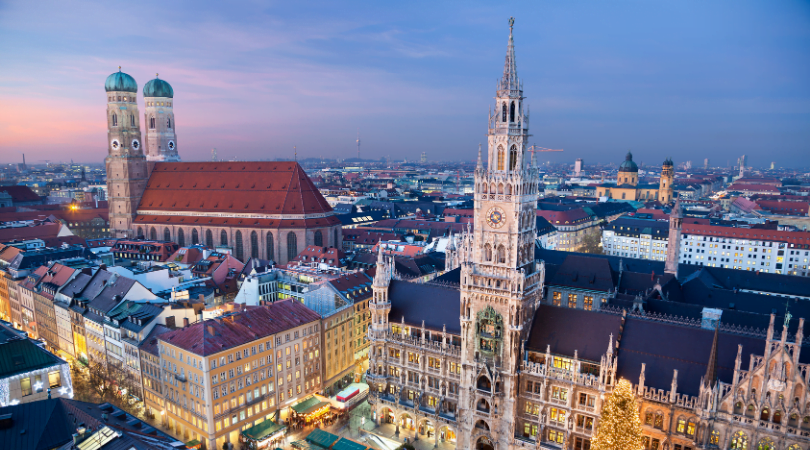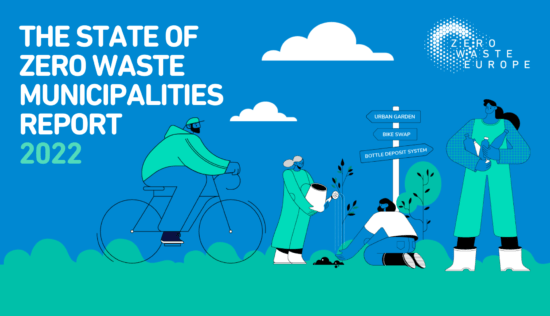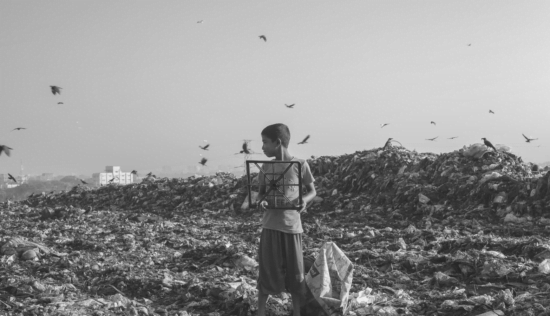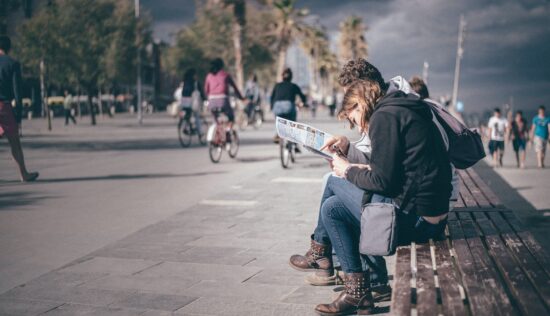Today, Zero Waste Europe publishes its case study on ‘Halle 2,’ the flagship reuse hub of Munich that sits at the heart of its circular economy strategy.
Halle 2 is a municipal-led second hand store combining circular economy principles with the aim of actively supporting sustainable lifestyles by Munich’s residents. By going beyond just selling goods that are collected across the city’s 12 recycling centers and repairing, Halle 2 also acts as a hub to engage a range of community stakeholders and promote circular solutions, as well as creating new jobs and training opportunities for local residents. The centre has become a vital part and flagship initiative of the broader waste prevention activities implemented by the public Waste Management Corporation Munich (AWM).
‘Halle 2’ acts as a connection point for local residents wishing to reuse and repair their items, rather than discarding them as waste. The centre plays an active role within the community to bring local residents and stakeholders, such as businesses, together to promote and implement circular solutions, such as the repair and selling-on of second-hand items.
According to the German methodology, in 2018, the city of Munich recycled 54% of its waste, with 365kg household waste generated per capita. Recognising that whilst impressive within the German context, Munich could still improve a lot in terms of waste reduction, AWM and the City Council decided to scale up their reuse and repair work within the city, spearheaded by the growth of Halle 2.
The success of Halle 2 can be measured in the increased turnover at the store. In 2016, the monthly income was 51,877 Euro, which rose to 56,756 Euro in 2019 resulting in just under an extra 60,000 Euros each year. AWM calculates around 1,000 tonnes of items are reused or repaired at Halle 2 each year. Future goals for Halle 2 include aiming to grow monthly sales from €56,000 to €90,000 and the number of items sold each month from 14,000 to 24,000 within the next 3 years.
The day-to-day activities of Halle 2 form only one part of AWM’s broader strategy, aimed at increasing the lifespan of products used locally. AWM supplements the activities of Halle 2 by providing a number of online resources that have been designed to support local residents reuse and repair more of their old items. These include:
- A “repair guide” that provides a list of available businesses or repair cafes that will help fix broken items.
- A detailed list and contact information of the different local repair cafes and initiatives.
- A second-hand guide that includes tips on how to sell previously owned items and an overview of existing second-hair initiatives where citizens can donate or buy second-hand items.
- A “rental guide” for citizens who want to search for items and locations where they can rent products rather than having to buy them, helping to increase awareness and uptake in the local sharing economy.
In July 2020, Munich’s City Council passed a resolution affirming its commitment to developing a robust circular economy and zero waste strategy. The development is now being spearheaded by AWM and Zero Waste Europe looks forward to supporting the city to achieve its zero waste commitments.





